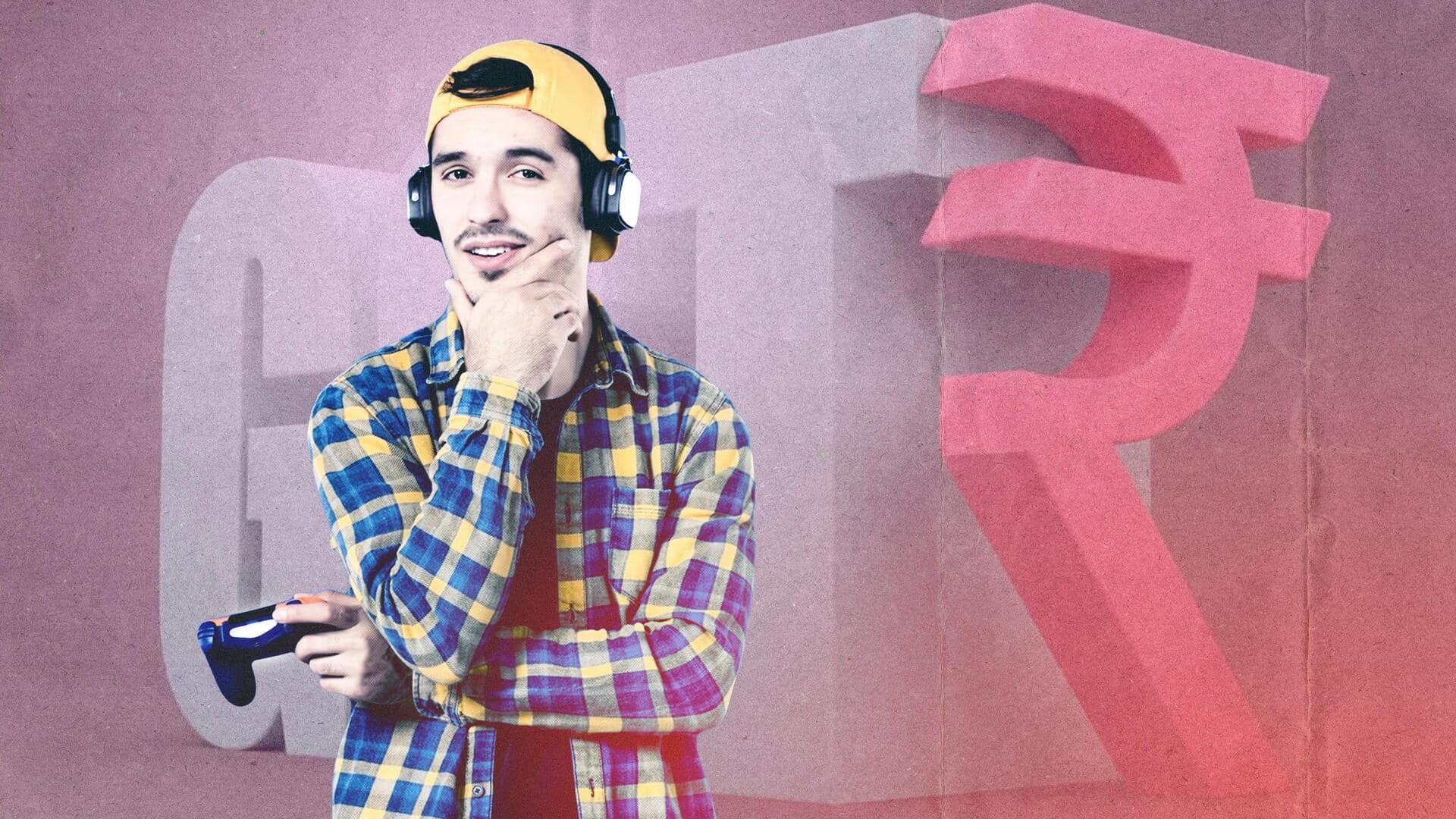
How 28% GST on online gaming will impact Indian players
What's the story
The Goods and Services Tax (GST) Council rocked the online gaming industry by agreeing to levy a 28% GST on funds collected by gaming firms. The new GST is bound to affect the industry in many ways. Apart from companies, the hardest hit by this tax levy will be the average Indian online player. Let's see how it will affect an ordinary Indian.
Context
Why does this story matter?
The GST Council's decision is considered a big setback for India's gaming industry, which has been one of the country's fastest-growing internet businesses. The industry believes 28% GST makes their operations untenable. With the tax burden on players, they will think twice before entering any gaming platform in the country. This will seriously harm the growth potential of the industry.
The new rule
There will be no difference between skill-based and chance-based games
The 28% GST is aimed at discouraging online gaming addiction. To ensure there isn't any loophole, the Council said GST would be imposed without differentiating between skill-based and chance-based games. Casinos and horse racing will be taxed alongside online gaming. Union Finance Minister Nirmala Sitharaman said the council considered the "moral question" of online gaming while imposing the tax.
Players
Players won't be able to make as much money
The industry fears that the new tax will repel players. And they are not wrong. The average Indian was mainly attracted to online gaming platforms due to the ease of making money. For a small bet, they were able to get good returns. However, the new tax changes that dynamic, as players will bear its impact.
How much
Most of the winnings will be exhausted by paying taxes
For instance, with the new GST in place, a player will have to put up Rs. 100 for a Rs. 72 worth pot. They lose money before they even play. Then, there will be a platform fee. Most platforms like Dream11 charge around 15% as platform fee. On top of that, there will be a 30% TDS on winnings.
Illegal
Users could move toward illegal betting platforms
The government intends to tackle gambling addiction through high taxation. This may, however, backfire. Online gaming is a borderless industry, with plenty of offshore and illegal gaming platforms. The ordinary Indian may look toward those platforms when playing on legitimate sites becomes pointless. This will put users at risk and lead to revenue loss for the government.